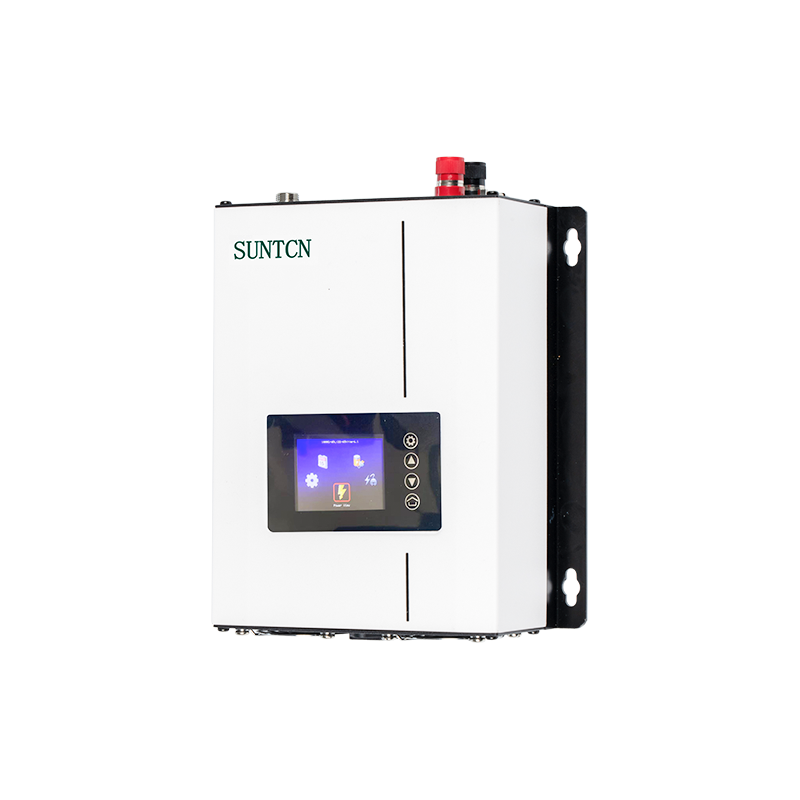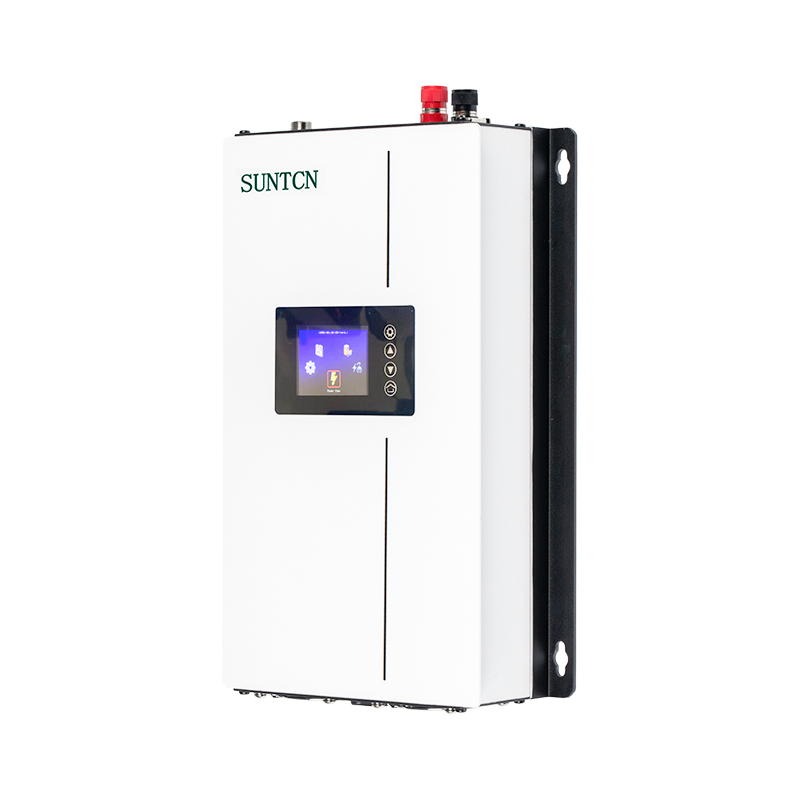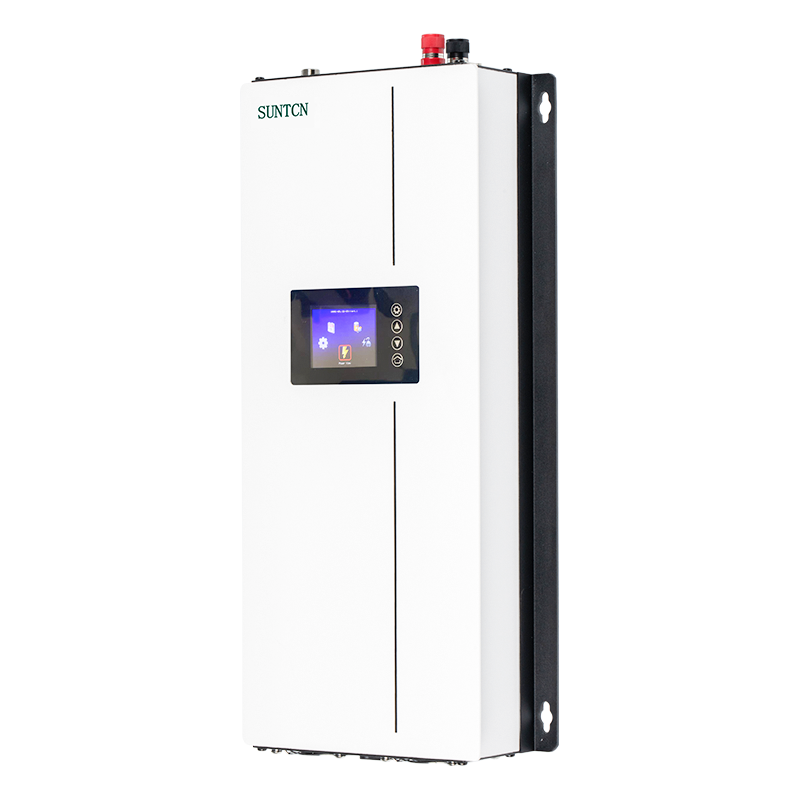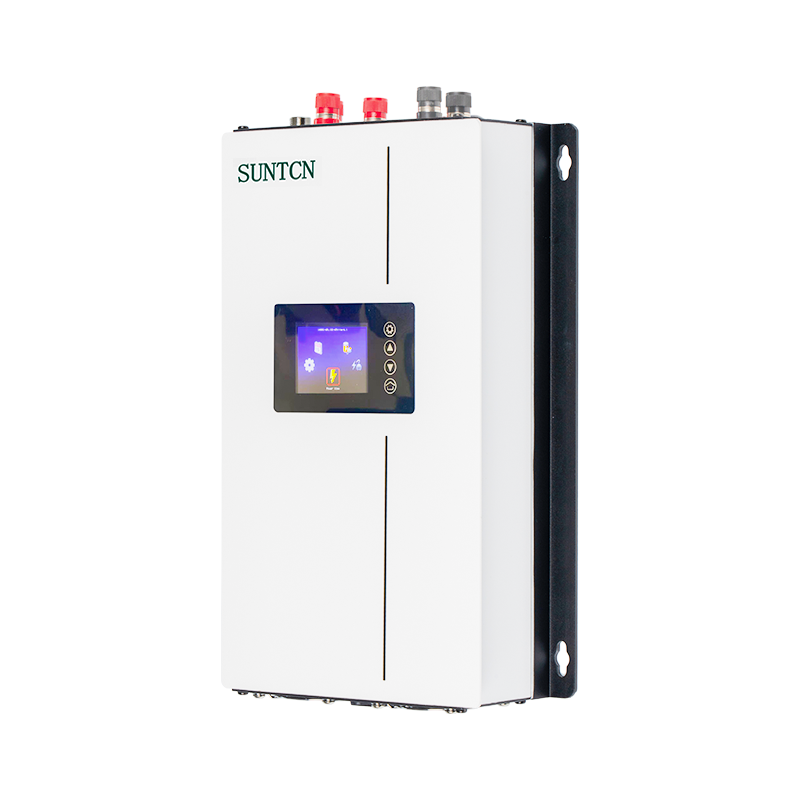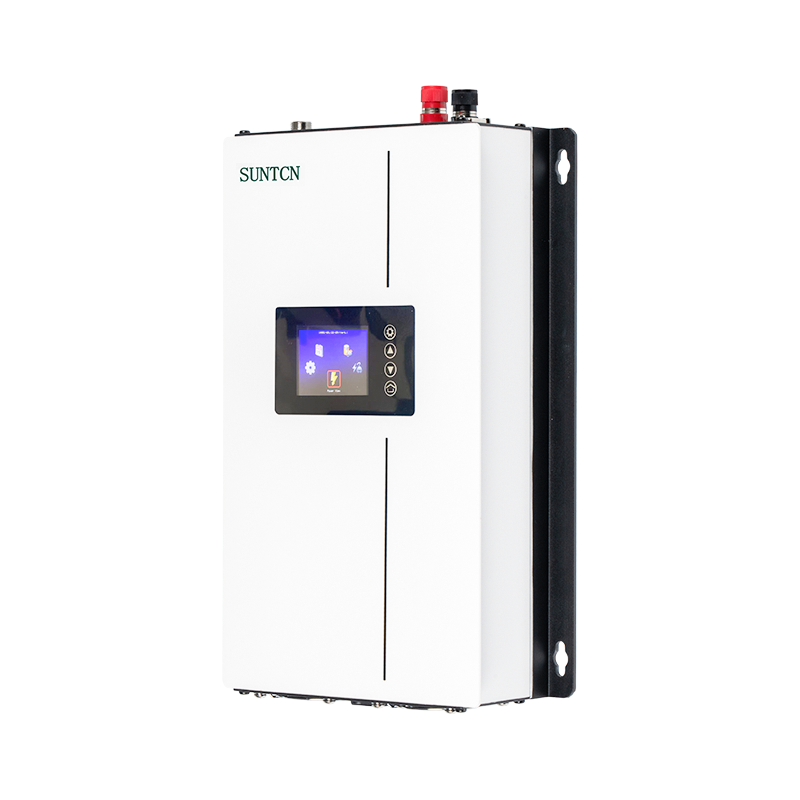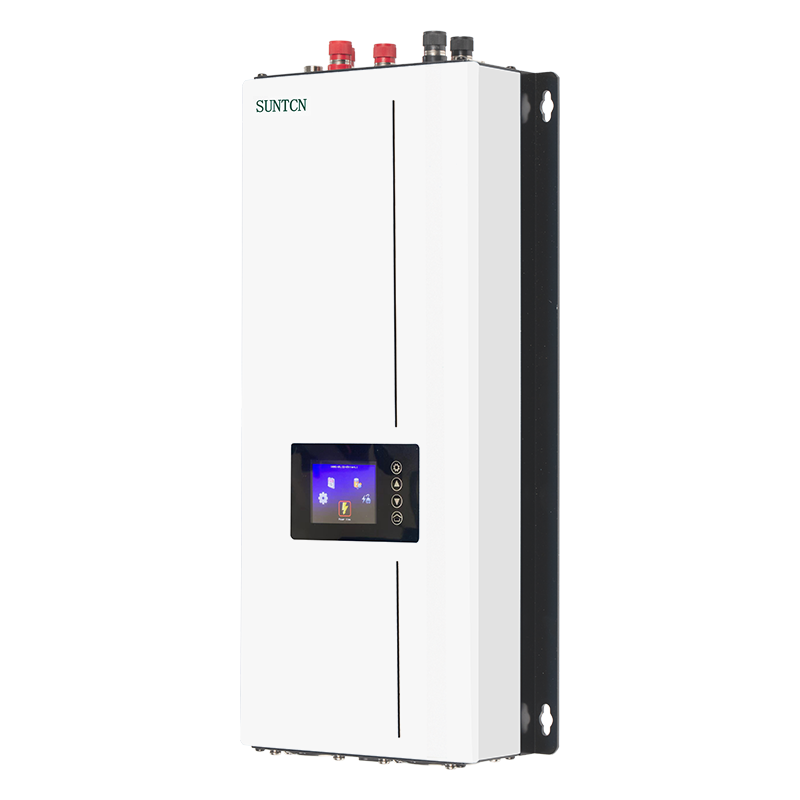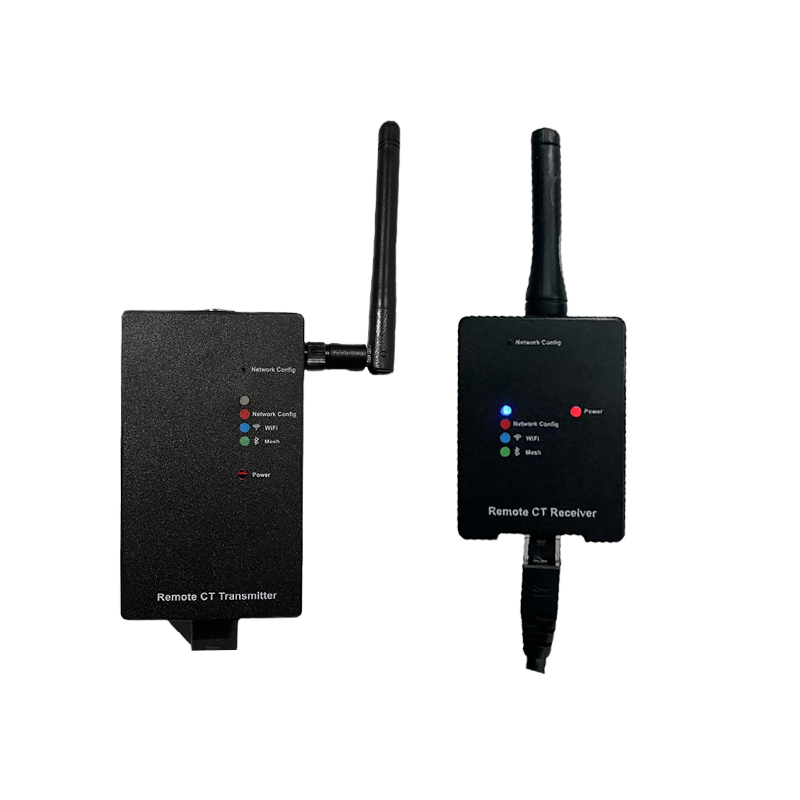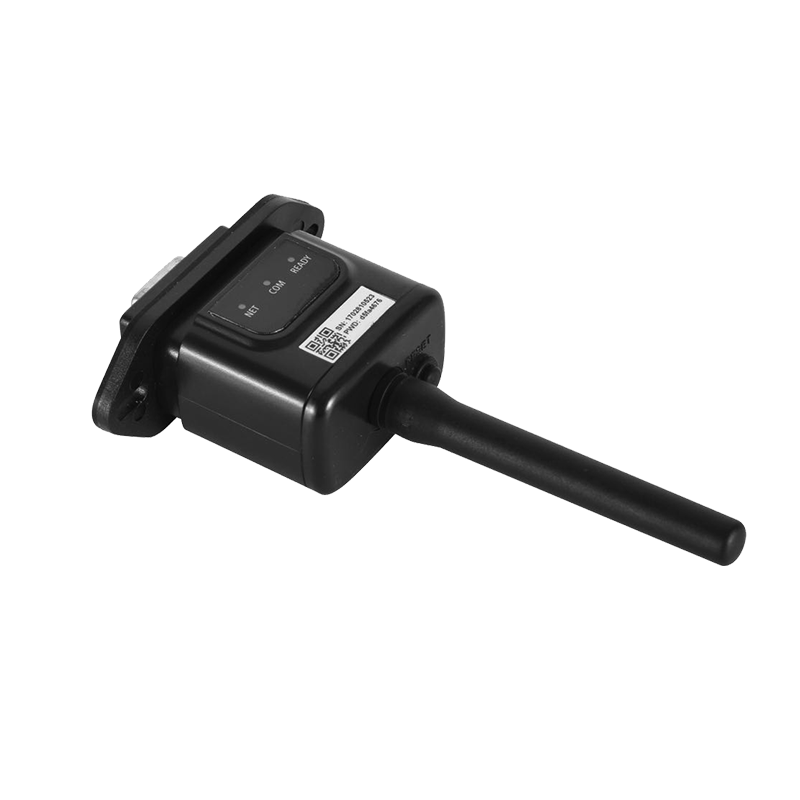With rising energy costs and increasing environmental concerns, many homeowners are turning to home energy systems to manage their energy use more efficiently. But how exactly can a home energy system transform your household’s energy efficiency?
A home energy system typically consists of various components designed to generate, store, and manage energy within a household. The primary components include energy sources like solar panels, wind turbines, or geothermal systems, which generate electricity. Energy storage systems, such as batteries, store excess energy for later use, ensuring a steady supply even when generation is low. Additionally, an energy management system (EMS) monitors and controls energy usage, optimizing consumption patterns and ensuring that energy is used efficiently throughout the day.
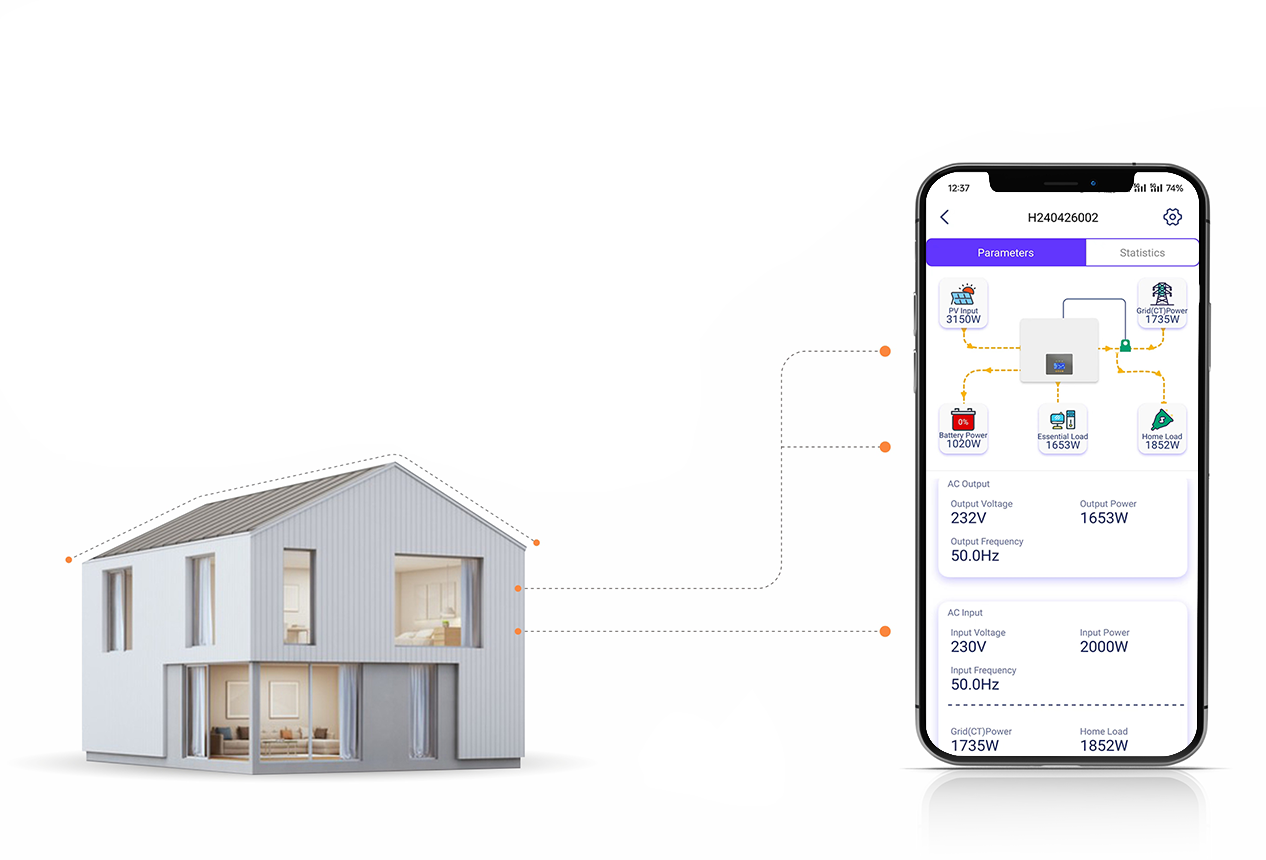
Renewable energy sources like solar and wind are key to enhancing a home’s energy efficiency. Solar panels, for instance, convert sunlight into electricity, providing a clean and sustainable source of power. By harnessing renewable energy, homeowners can reduce their reliance on the grid and lower their energy bills. Wind turbines and geothermal systems offer additional renewable options, depending on the location and climate. By integrating multiple renewable sources, a home energy system can ensure a consistent energy supply while minimizing environmental impact.
Energy storage systems are crucial for maximizing the efficiency of a home energy system. These systems store excess energy generated during peak production times, such as sunny days for solar panels, and make it available during periods of low generation or high demand. By storing energy, homeowners can avoid the need to draw power from the grid during peak hours, which are often more expensive. Additionally, energy storage systems provide backup power during outages, enhancing the reliability and resilience of the home’s energy supply.
An Energy Management System (EMS) plays a vital role in optimizing energy usage within a home. The EMS monitors energy consumption patterns and adjusts the distribution of power to different appliances and systems based on demand and availability. For example, the EMS can prioritize the use of stored energy during peak hours or manage the charging of electric vehicles to off-peak times. By automating these decisions, the EMS ensures that energy is used in the most efficient and cost-effective manner, reducing waste and lowering energy bills.
One of the most significant benefits of a home energy system is its potential to reduce a household’s carbon footprint. By generating energy from renewable sources and optimizing its use, homeowners can significantly decrease their reliance on fossil fuels. This reduction in fossil fuel consumption translates to lower greenhouse gas emissions, contributing to a cleaner and more sustainable environment. Additionally, energy-efficient homes often have higher property values and are more attractive to environmentally conscious buyers, making them a sound investment for the future.
While the initial investment in a home energy system can be substantial, the long-term financial benefits are considerable. By generating your own electricity and reducing reliance on the grid, you can significantly lower your monthly energy bills. Many regions also offer incentives, tax credits, and rebates for homeowners who install renewable energy systems, further offsetting the costs. Over time, the savings on energy bills can more than pay for the system itself, making it a financially sound decision for many households.
A home energy system can transform your household’s energy efficiency by integrating renewable energy generation, storage, and management. With the potential for significant cost savings, environmental benefits, and enhanced energy reliability, these systems offer a compelling solution for modern homeowners. Are you ready to explore the advantages of a home energy system and take control of your household’s energy future?

 English
English Español
Español Deutsch
Deutsch